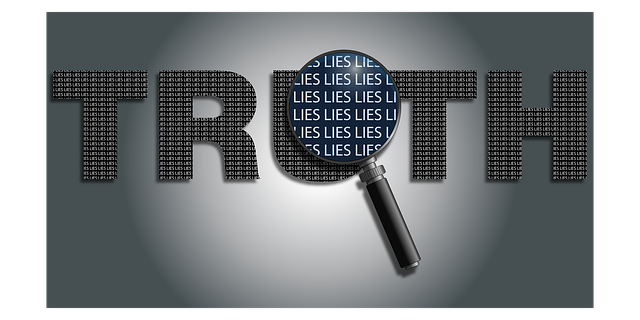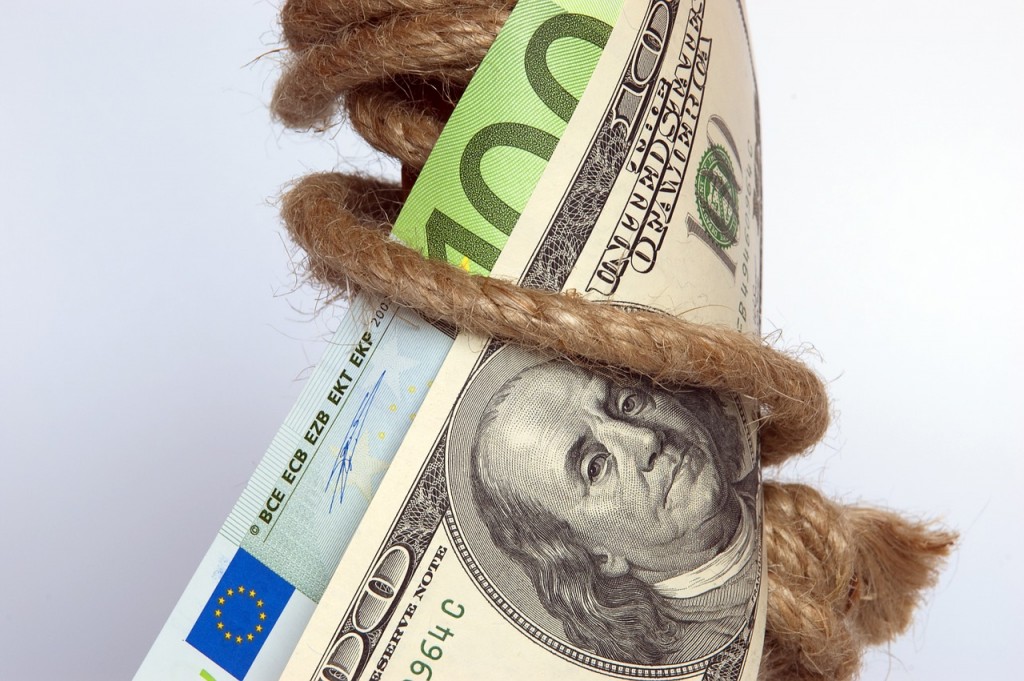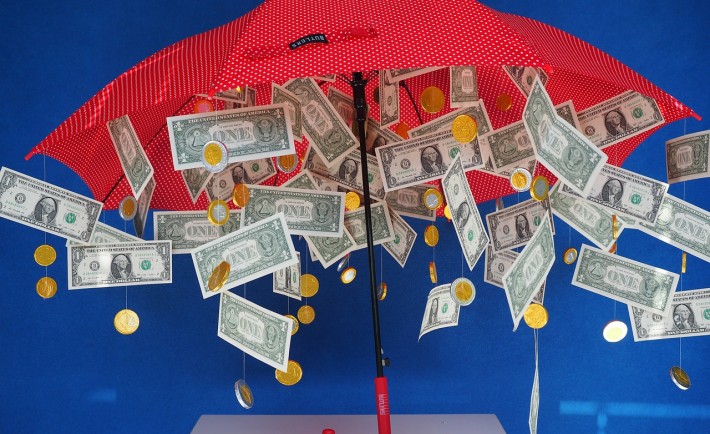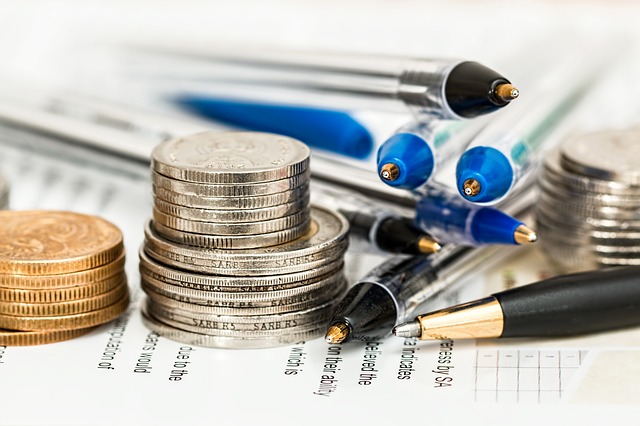1. SHOPPING UNPREPARED
If you come to a store unprepared, there is a possibility that you will walk out with unnecessary items that are beyond your budget. Whenever I think about this scenario, I remember my aunt. My aunt loves spontaneous shopping trips fueled by her boredom. As a result, she will always go out with nothing but her credit card. She justifies her actions with this statement: “Shopping makes me happy and besides this is just cheap.” But those “cheap” things can add up to a huge sum of debt.
To avoid this, list the things that you need to purchase before going out. Be as detailed as you in order to get a rough idea of how much you will spend. For instance, if you are making a grocery list, do not forget to note how many items you need and how much is the price range for each.
2. BLAMING OTHERS
Q: What is worse than personal destructive money habits?
A: Not owning up to it.
If you are fond of blaming others for your overspending and your negative financial situation then you do not take responsibility for your actions. Thus, you will ignore or deny its consequences. This practice can not only hurt your finances but also your entire life.
Save your life! Be accountable for your actions and start taking necessary actions.
3. WATCHING TOO MUCH
Tom Corley researched the differences between wealthy and low-income individuals for five years. Here are his findings:
a. 67% of the wealthy watch 1 hour or less of T.V. per day vs 23% of the low-income earners
b. 63% of the wealthy spend less than 1 hour per day on recreational Internet use vs. 26% of the low income earners
Spending more time on the television or social media will leave you less time to do more productive things. These productive things such as reading to learn and networking to build relationships will help you create a brighter financial future.
4. PAYING BILLS LATE
When paying the bills late becomes a part of your routine, it can hurt your finances in several ways. Firstly, you may spend the money you are supposed to use for paying the bills. Secondly, you are bound to pay the late payment fees and interest rates for your credit cards. This is why you must prepare money for your bills accordingly by noting them down at the beginning of the month. Put it on your working desk or create a file for it.
If you have a monthly bill, you may try a trick called half payments. For half payments, you prepare the payment for the bill by subtracting half of the bill’s amount to your bank account per two weeks (bi-weekly).
5. AVOIDING THE TRUTH
Over-spenders are usually irrational and impulsive when they are shopping. They usually give absurd rationalizations for their purchases especially when they are confronted about it. Simply put, they do not want to talk about their spending habits as they are ashamed about their financial situation.
This practice only brings harm in the long run. The more you cover up your overspending habits, the more it prevents you from getting professional help to fix your finances.






